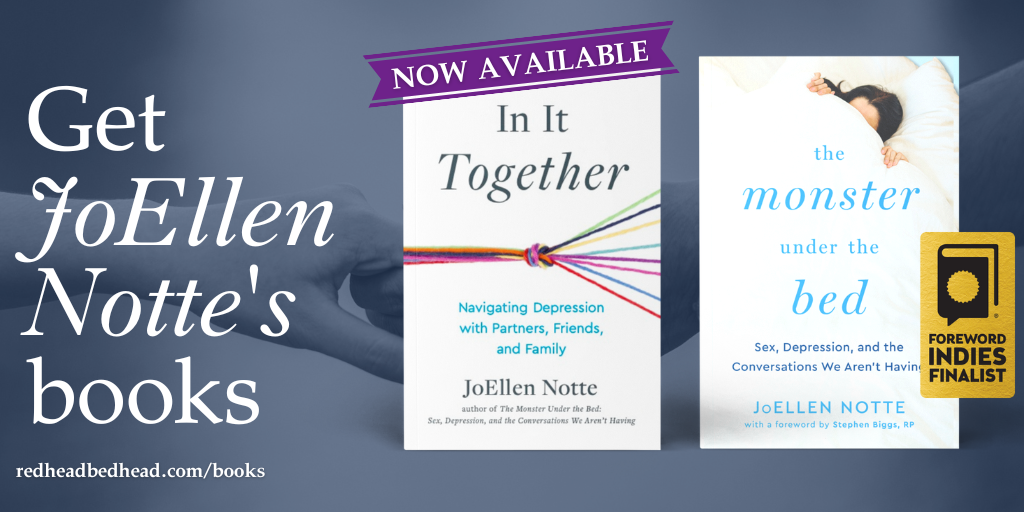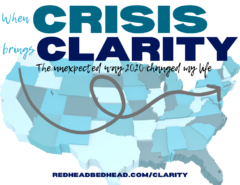TW: Abuse, rape, trauma, manipulation
If you haven’t watched Jessica Jones yet be forewarned this piece is chock full of spoilers so read at your own risk. Also, consider watching it.
Last week I absolutely inhaled the Netflix/Marvel collaboration Jessica Jones. There are a million reasons I thought it was phenomenal but today we’ll be focusing on one. Buckle up, this may get emotional.
Watching Jessica Jones with my partner I was struck by how he kept commenting on how emotionally “intense” and “difficult” it was to watch while I was having a totally different experience– I couldn’t get enough. I held my breath, I cried, I bit my nails for the first time in months but I loved being immersed in that world. I had no idea why until after I was done watching and a friend – a survivor of abuse who herself suffers from PTSD- asked me if I found it triggering. It was then that I realized what had drawn me in, what I had loved so much.
@pinkness For me, while I found it intense, it made me feel heard and seen rather than triggered. Does that make sense?
— JoEllen Notte (@JoEllenNotte) November 30, 2015
@pinkness I spent a lot of time going “yes! that! that’s it! I didn’t think people knew about that!”
— JoEllen Notte (@JoEllenNotte) November 30, 2015
Abuse can happen to anyone.
It happened to me in 2013 after I had survived the death of my father and the end of my marriage, after I had moved myself across the country to start my life over, after I had created the sexy superhero we all know as The Redhead Bedhead. It happened to me just when I was thinking I was a strong, powerful badass who could do anything. Suffice it to say it took me down a bunch of pegs. It left me questioning if I had really become stronger at all, if I had learned, grown, done anything worthwhile in the wake of my father’s death. If I was such a badass, how could this happen to me?
Further, after months of mind games, emotional manipulation, gas-lighting and constant critiques I didn’t trust myself or most others. I was constantly afraid that my ex would come back or do something to mess with me. Seriously, I had no real reason to suspect this, he never did anything of the sort but it played like a loop in my head “you’re not really out, this isn’t really over”. I’ve written about the experience several times mostly because I’ve found that more people are having this experience than I ever knew and a lot of them are feeling very alone.
![]() Enter Jessica Jones. Tougher than I was at my badass zenith, with an actual superpower. In the brief glimpse we get of Jessica in her pre-Kilgrave life we see a quick-witted, confident (albeit underachieving) woman who takes no shit. By the time we meet her post-Kilgrave she is prone to panic attacks and constant drinking even though she initially believes her abuser to be dead.
Enter Jessica Jones. Tougher than I was at my badass zenith, with an actual superpower. In the brief glimpse we get of Jessica in her pre-Kilgrave life we see a quick-witted, confident (albeit underachieving) woman who takes no shit. By the time we meet her post-Kilgrave she is prone to panic attacks and constant drinking even though she initially believes her abuser to be dead.
In a world where the most common media portrayals of abuse victims are Lifetime movies where the trauma lasts as long as it takes to find a new man and the abuse is often made clear with bruises (Usually displayed in a slow pan over the victim’s body while she showers. Seriously, Lifetime, the shower scenes.), mental and emotional abuse and its after-effects can be difficult for people who haven’t experienced it to understand. The idea that removing the abuser doesn’t end the torment is a hard one to convey. In episode 4 “AKA 99 Friends” we see the following exchange:
Trish: He isn’t here now.
Jessica (pointing to her head): Yeah, well, he’s always here.
For survivors of abuse (or, indeed, any trauma) removing ourselves from the situation or the situation (as it were) from us doesn’t end the pain and the fear. The abuser doesn’t need to be there for the questions, the insecurities and the fear to play in a constant loop in our heads.
Another thing my partner repeatedly commented on was how he, a comics guy, was struggling with Kilgrave as a villain because he wasn’t doing anything particularly smart. There wasn’t some beautifully constructed master-plan that made you marvel at the evil genius, he just controlled people. For my partner that made him a not-terribly-compelling villain. For me, it made him one of the first villains I’ve truly found scary. Why? I’ve spoken before about how emotional abusers are often narcissists or sociopaths incapable of empathy and Kilgrave is that to the nth degree. Jessica Jones did a wonderful job of creating the Kilgrave character because they didn’t just make a textbook “bad guy” they made a true narcissist with all the trappings thereof: the charm, the entitlement, the over-the-top personality, the fixation on image projection, the disregard for boundaries, the relationship patterns– it was all there.
Then there’s Kilgrave’s power which is basically narcissism on steroids. The idea of a person who can control people’s minds, get them to do what he wants and create situations where he “technically” isn’t responsible for horrible things he makes happen hit really close to home for me. For Kilgrave people exist to do what he wants and are disposable outside of that, consequences that don’t immediately impact him do not matter. I’ve long known these patterns are things that people whose interests mirror mine are aware of but to see them reflected in the mainstream media and done so in a character who is identified explicitly as a sociopath and not simply dismissed as “evil” and “crazy” was like finding out that someone received the message in a bottle for which I had given up all hope.
I wanted to share with you a couple of moments that caused me to gasp with recognition. These are all from episode 8 “AKA WWJD?”:
Kilgrave: You ever think you might drink too much?
Jessica: It’s the only way I get through my goddamn days after what you did to me.
Kilgrave: You blame me for your drinking problem?
This was like a knife to the heart. I once told someone that I hated who I was in our relationship and the answer I received was “How can you blame me for you hating yourself?”. It made me think something was indeed wrong with me. Hearing this spoken out loud by someone else made me see that it’s really just a cheap responsibility dodge along the lines of “No one can MAKE you feel anything” (wondering why that’s a horrible thing to say? Read this)
Kilgrave: I’ve never killed anyone.
Jessica: You use your powers to compel murder.
Kilgrave: Oh, tomato, to-mato.
We hear Kilgrave deny killing people in this way several times throughout the series and I got tense each time. The semantics game (as I call it) seems to be a cornerstone of emotional abuse. Avoiding responsibility while telling the victim that they are wrong because actually it didn’t quite happen that way, losing in the translation the fact that the abuser is still completely responsible for whatever happened. One reason the semantics game is effective is that it eventually causes the abuser’s victim to spend so much time and energy carefully constructing everything they say in an effort to make sure it’s all airtight and technically correct that arguing feels not worth it. This tactic also goes hand in hand with gas-lighting -“I didn’t say that!”- because the fact that they didn’t say exactly that syllable for syllable becomes evidence that the victim is wrong about what happened/what was said etc.
Kilgrave: We used to do a lot more than just touch hands.
Jessica: Yeah. It’s called rape.
Kilgrave: What? Which part of staying in five-star hotels, eating in all the best places, doing whatever the hell you wanted, is rape?
Jessica: The part where I didn’t want to do any of it! Not only did you physically rape me, but you violated every cell in my body and every thought in my goddamn head.
Kilgrave: That is not what I was trying to do.
I realized in typing this that at the age of 36 I have now spent a literal lifetime watching people have this kind of conversation (and having variations on it myself). 21 years of people explaining why the person standing in front of them saying that they were raped is misremembering, misrepresenting, or misunderstanding what happened. That they were actually given a good experience and if they look at it from the other person’s point of view they would see their violation differently. Jessica Jones held steadfast in the presentation of Kilgrave’s behaviors as rape (because, they were). Even in the final episode when he threatens to take Trish, Kilgrave describes it himself and we get a glimpse of what I think many of us suspect in these conversations: that the assailants know what they do is rape and would do it again given the chance.
Kilgrave: From your perspective, I’ll be raping her every day. My skin will be touching hers. She’ll be my plaything. She’ll be my slave. And in her mind, she’ll be dying, isn’t that right?
Moments like these felt to me like those conversations so many of us have had when we make a new friend: we bond a little, eventually someone alludes to something that happened to them and the floodgates open because we are in the presence of someone who knows and so we feel safe sharing our traumatic stories. It was like taking that moment and blowing it up big enough for the whole Netflix-watching world to fit inside.
For me Jessica Jones sent the message loud and clear: someone sees, someone hears, someone knows. People understand that this happens – that it can happen to anyone. Even a superhero.







